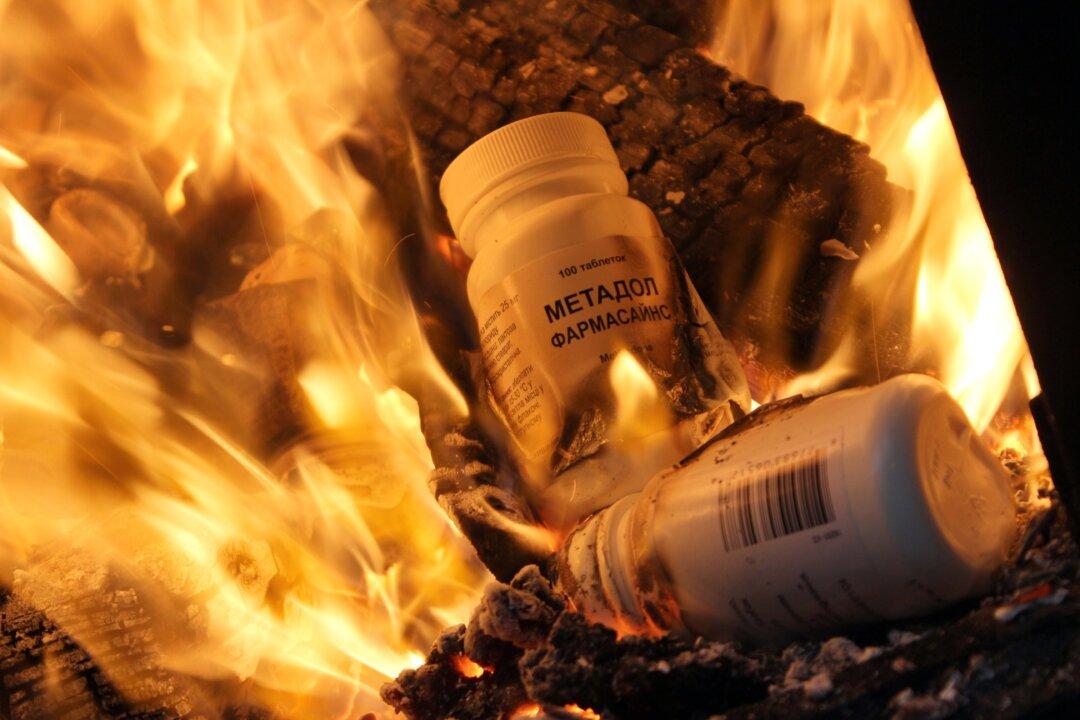A series of medical missteps and a family’s dire living circumstances contributed to a six-year-old boy’s tragic death after he mistakenly drank his parents’ methadone when it had been mixed with orange juice.
The boy, who was referred to in the New South Wales (NSW) State Coroners Court only as MO, drank the mixture at his home in the Northern Rivers region of NSW before he died in hospital on August 6, 2018.





